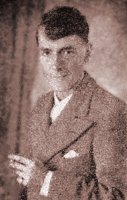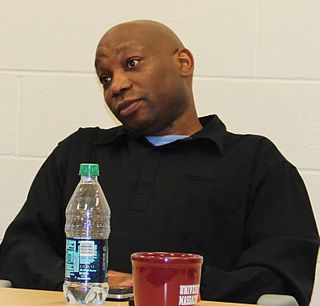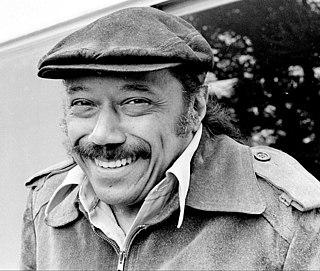A Quote by Dave Barry
I guess nobody assumes anybody is a libertarian. It's a more complex political discussion than most people are used to, to explain why you think the way you do about public education or drug laws, and why it's not as simple as being for or against something.
Related Quotes
If you talk about the prison-industrial complex, I've fought against the prison-industrial complex when I called for a repeal of the Rockefeller drug laws. The biggest impediment to get the laws changed was the lobbyists. Whether you're talking about healthcare, jobs going overseas, or tax reform, you're always coming up against lobbyists.
I suspect the reason is that most people [...] have a residue of feeling that Darwinian evolution isn't quite big enough to explain everything about life. All I can say as a biologist is that the feeling disappears progressively the more you read about and study what is known about life and evolution. I want to add one thing more. The more you understand the significance of evolution, the more you are pushed away from the agnostic position and towards atheism. Complex, statistically improbable things are by their nature more difficult to explain than simple, statistically probable things.
I find the expectation that a public figure - who is known for something besides, like, having a political thought, someone who puts on wigs for a living - would have something complex to say about any number of things, to be so aligned with a certain value system, is a little bit flawed. It's like, why would you think that?
This is not just a simple story of "money can't buy happiness." Or maybe that's just what it is. And if it is, why shouldn't it be? Because if this is something we are already supposed to know, then why don't we know it? Why do we chase and scrabble and fight for things to flaunt, why? Why do we reach for power over other people, and through the thin superiority of our possessions, believe we have it? Why do we let money make people bigger, and allow those without it to be made smaller? How did we lose the truth in the frantic, tribal drumbeat of more, more, more?
I've found in composing that being simple and profound—having in-depthness in your music—is the most difficult thing to do. Anybody can write a whole lot of notes, which may or may not say something . . . But why make it complicated for the musicians to play? Why make it difficult for the listeners to hear?
The thing that has always baffled me about people's perception of my writing is the sense that I'm a very controversial, opinionated, polarizing person. I feel like I write about things that I'm interested in, and I describe why they're interesting to me. I could be negative, I guess. It's far easier to write why something is terrible than why it's good.
Close reading of tough-minded writing is still the best, cheapest, and quickest method known for learning to think for yourself... Reading, and rigorous discussion of that reading in a way that obliges you to formulate a position and support it against objections, is an operational definition of education... reading, analysis, and discussion is the way we develop reliable judgment, the principle way we come to penetrate covert movements behind the facade of public appearances.
People want to know why the South is so interested in the Civil War. I had maybe, it's a rough guess, about fifty fistfights in my life. Out of those fifty fistfights, the ones that I had the most vivid memory of were the ones I lost. I think that's one reason why the South remembers the war more than the North does.

































